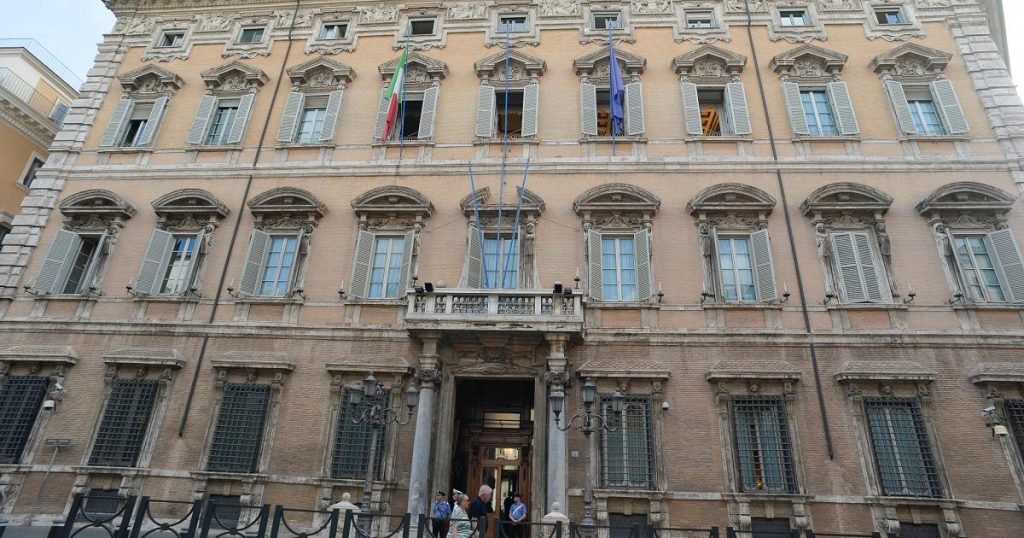The government has implemented measures to increase adherence to the biennial agreement for self-employed workers and crack down on tax evasion. The process of payments has been simplified to boost the disbursements of the Pnrr funds. Additionally, there are extra funds allocated for the psychologist bonus, increased powers for the waste commissioner of Sicily, and the rescue of the Santa Lucia foundation. The omnibus decree, which covers a variety of issues, has received approval from the budget and finance committees of the Senate, with a final vote expected in the Senate before moving to the Chamber of Deputies for a second reading.
One of the most anticipated measures is the special remedy for those who join the tax agreement. This is aimed at making the biennial agreement with the tax authorities even more attractive for self-employed workers, which the government sees as a way to fund tax cuts for middle-income earners. The amendment allows for a special remedy for the years 2018-2022 for those who adhere to the agreement, with a substitute tax for IRPEF based on tax reliability levels and a 3.9% substitute tax for IRAP. Those who fail to comply will have more time under the new rules: an additional year (until December 31, 2025) for those who only adhere to the preventive agreement, and three years (until December 31, 2027) for those who participate in the remedy.
The omnibus decree also includes measures to combat TV piracy, particularly for sporting events. Service providers of VPN and DNS will now be subject to orders from the AgCom to disable access to illegally distributed content. Furthermore, providers of network access services are required to immediately report any criminal conduct to the judicial authority or law enforcement, with penalties of up to one year in prison for non-compliance. This is part of the efforts to crackdown on illegal distribution of content and protect intellectual property rights.
The approval of the omnibus decree by the Senate committees marks progress in the legislative process, with a final vote expected in the Senate before moving to the Chamber of Deputies for further review. The decree covers a wide range of issues, including tax agreements for self-employed workers, anti-piracy measures, the allocation of additional funds for specific programs such as the psychologist bonus, and the enhancement of powers for waste management commissioners. The government is likely to ask for a vote of confidence in the Senate, with the decree scheduled for debate in the Chamber of Deputies on October 2nd.
Overall, the omnibus decree aims to streamline processes, increase compliance with tax agreements, combat piracy, and allocate additional funds for key programs. The measures are part of broader efforts to stimulate economic growth, address tax evasion, and improve public services. The government is focused on implementing these measures to achieve its policy objectives and ensure the efficient allocation of resources to support social and economic development. The decree represents a comprehensive approach to addressing various challenges and opportunities facing the country, with the aim of promoting sustainable and inclusive growth.


